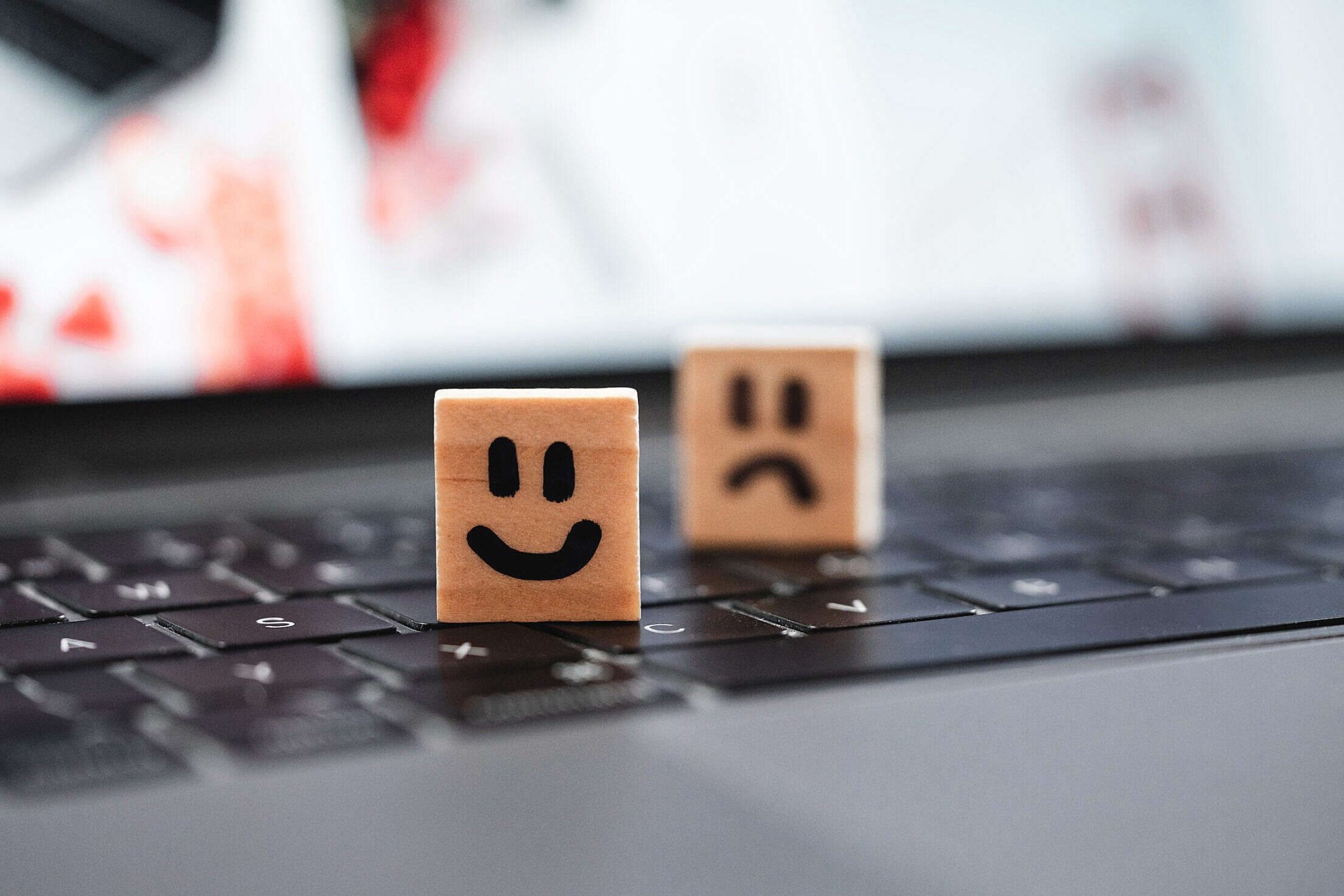It’s a common problem for us to struggle with work-life balance. We regularly share a lot of responsibilities in the office and at home. Finding a balance between working productively and having enough time for ourselves and our families is crucial for being happy and successful.
Modern technologies bring lots of advantages, such as staying accessible from everywhere and getting new work opportunities. Nevertheless, they blur the lines between our life and work, disrupting a healthy balance.
In the post below, you’ll find out if it’s real to achieve work-life balance and whether you can do it on your own.
Signs of Work-Life Imbalance and How to Regain Control
Being trapped in our daily routines, we often feel stressed because of the inability to achieve balance in our work and family relationships. To improve your work-life balance, you should analyze your daily life first. Once you perform it, you’ll be able to think of how to improve your work-life balance.
Use the following basic questionnaire to analyze your current life:
- Do you work more than eight hours per day?
- Do you find time for your family?
- Do you feel like you do everything on your own?
- Are you satisfied with your work?
- Do you often bring work home?
- Do you often feel like you aren’t focused enough and have to work extra hours?
- Can you delegate your task if your workload is heavy?
- Do you manage to do sports after work?
- Do you have ‘’me time’’ for relaxing after work?
Have you asked yourself the questions above? Let’s review your answers together. If you find yourself in a situation similar to the one described below, you’re likely to experience a work-life imbalance.
You usually stay to work more than eight hours daily, which results in spending less time with your family and the absence of ‘’me time’’. You often do every task on your own and don’t delegate it to others even if you have a heavy workload but have to do a higher importance task. You feel you aren’t satisfied with your work, burned out, and overworked.

Understanding work-life imbalance
In 2019 software company RescueTime conducted a study where they analyzed 185 million working hours. Here are the key takeaways:
- Workers average just 2 hours and 48 minutes of productive device time a day.
- Twenty-one percent of working hours are spent on entertainment, news, and social media.
- Twenty-eight percent of workers start their day before 8:30 AM (and 5% start before 7 AM).
- Forty percent of people use their computers after 10 PM.
- Twenty-six percent of work is done outside of normal working hours.
- Workers average at least 1 hour of work outside of working hours on 89 days/year (and on ~50% of all weekend days).
- We check email and IM, on average, every 6 minutes.
- Forty percent of our day is spent multitasking with communication tools.
- The most distracted days of 2018 were Nov. 26 and July 7 (the Mondays after Thanksgiving and the 4th of July).
The findings reveal the issue of people’s work-life imbalancing. Unfortunately, modern realities and technologies are blurring the lines between our work and private life.
What are the causes of work-life imbalance?
Lots of US employers consider establishing work-life balance as their corporate goal. Many companies now offer flexible working hours, allow employees to work from home, offer additional time off, and provide other benefits that ensure a healthy work-life balance. Nevertheless, according to the study 40% of employees say responding to urgent work email during family mealtime is okay. Almost 3 out of 5 employees think interruptions from employer texts and emails are killing mealtime with family. It means that most employees stay connected after work, which ruins their work-life balance.
As the study reports, among the factors that contribute to low work-life balance are:
- Bad bosses.
- Constant overtime.
- Inflexible work schedules.
- Incompetent colleagues.
- Long commutes.
- Unproductive meetings.
- Employer-issued devices that can’t be turned off.
- Non-stop emails.
- Bad clients.
How does work-life imbalance affect an employee’s life?
When sacrificing precious time to overwork, it often affects people’s family relationships, overall work performance, and mental and physical health.
1. Bad work-life balance ruins family relationships
According to the recent statistics, spending extra hours at work results in losing time people might spend with their family or disrupting that time by distracting to answering work emails or calls:
- Fifty percent of the respondents miss life events.
- Fifty percent spend less time with family and friends.
- Forty percent claim that time spent with family ruined.
- Thirty-eight percent complain that they lack engagement with family.
2. Poor work-life balance influences employee’s productivity at work
Unfortunately, work-life imbalance also hurts employees and employers. Not only do employees suffer from poor performance at work, but employers also experience inevitable consequences. The same study indicates:
- Sixty-eight percent struggle with poor morale.
- Forty-one percent of employees feel they are burned out.
- Forty-one percent of companies experience high turnover.
- Thirty-six percent of people have poor productivity.
3. Losing work-life balance has an impact on our mental and physical health
Compared to people working with no overtimes, employees with a disrupted work-life balance suffer from:
- sleep problems,
- feeling depressed and stressed,
- absence of concentration.

What are the benefits of work-life balance?
Achieving a healthy work-life balance brings a lot of advantages to employees and companies. Many of the benefits allow them to be more productive, while staying healthier both mentally and physically. At the same time, businesses also benefit from achieving a proper balance between work and life. Employers have a more productive team, which results in reduced staff turnover and unnecessary expenses.
For employees:
- Higher productivity at work.
- Better physical and mental health.
- Increased motivation for work and life.
For employers:
- Reduced staff turnover.
- Increased employee engagement.
- More productive team.
- Improved reputation.
- Reduced unnecessary expenses.
How a coach can help achieve work-life balance
Creating a positive work-life balance is getting harder for many employees. Sometimes you may need help from outside. If you feel stressed and overworked, you will discuss it with your family members or friends. You can also turn to a life coach who will help you identify what really matters to you and how to achieve the life-work balance that would be perfect for you.
As a life coach, I:
- Help define your problem.
- Analyze how you spend your day.
- Identify your time wasters.
- Help you prioritize what you need to do.

Tips to achieve better work-life balance for employees
It’s not easy to achieve a healthy work-life balance for some people. It may take some time before you learn to leave your work at work and reserve the time for yourself and your family.
Here are a few useful tips for balancing your work and personal life.
1. Don’t bring work home
With modern gadgets, we have access to work almost all the time after a full workday. It’s quite convenient when you work remotely, but it can also be a disadvantage as you can’t leave your work mentally. If your job position allows you to take all notifications off and not check emails after a working day, start practicing it. Still, if you have to finish your work outside the office, set a time limit, and don’t abuse it by working till midnight.
Also, set boundaries with your colleagues and clients. The more you answer their calls or messages, the more they get used to contacting you any time they need it. You should explain that you’ll be available only during business hours and decide how they can contact you when an emergency arises.
2. Get your work done at work
It’s vital to learn to prioritize important tasks to be able to get them done at work. If you aren’t good at prioritizing your deeds, define urgent tasks, and get concentrated on them. The goal is to get done as much as you can so that you can enjoy the time free from work.
If you struggle with procrastination, break long-term tasks into short ones, and set deadlines. Determine a period you want to work on them and focus on completing the task without distracting attention. It will help you achieve balance during the workday.
3. Restructure your schedule
Sometimes you need to change your schedule if you want to achieve a work-life balance. If you have to work overtime, it makes sense to restructure your daily plan. For example, you can delegate some tasks to your colleagues who are less busy or delay some duties. Rescheduling obligations is necessary for having the time to recharge and relax.
4. Communicate with your boss
It’s crucial to have open communication about your workload with your manager. If you feel tired and overworked, your manager won’t likely know about it unless you tell them. You should have a meaningful talk and offer possible solutions, like hiring more staff or delegating some duties to others, etc.
5. Manage your stress
Even following the tips above, you can experience stress after work. That’s why you need to do some physical activities to relieve stress. You can choose activities that work for you, but there are some common activities that help reduce stress and anxiety.
Regular exercises help people take their minds off after a busy workday. Choose something you’ll enjoy and Include 2-3 workouts in your weekly schedule.
It depends on your priorities, how you balance work and life, but it’s important to set healthy boundaries between your work in the office and your personal life. It will help you succeed in your career and improve relationships with your family members in the long-term period.






